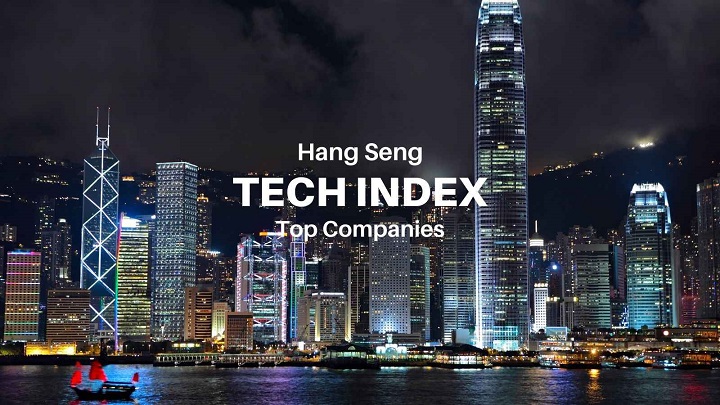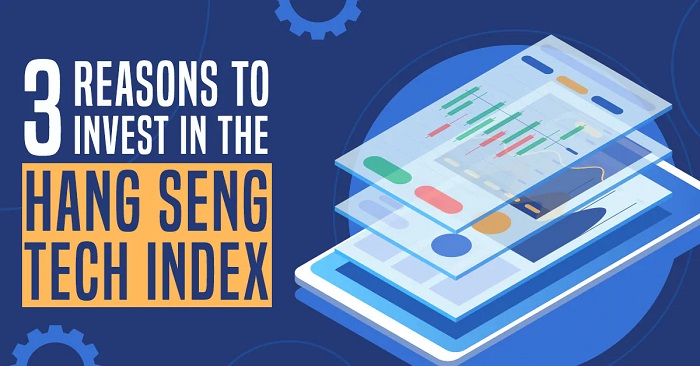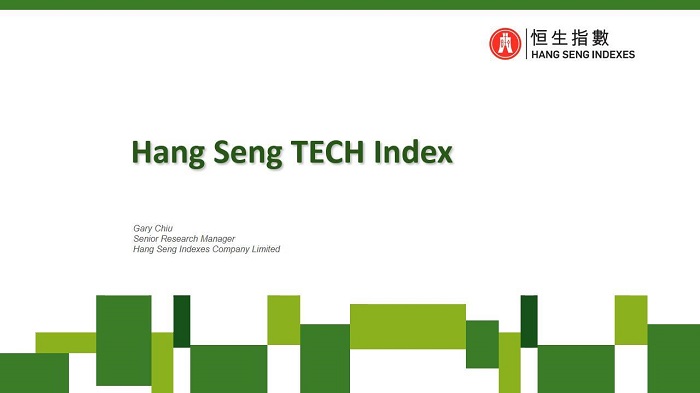
What is the Hang Seng Tech Index?
The Hang Seng Tech Index, introduced in 2020 by Hang Seng Indexes Company, aims to track the performance of the largest technology companies listed in Hong Kong. Designed with a tech focus similar to the NASDAQ in the United States, it includes a range of high-growth technology sectors from software and hardware to e-commerce and fintech.
Key Highlights of the Hang Seng Tech Index
- Launched: July 2020
- Tracked by: Hang Seng Indexes Company Limited
- Focus Area: Technology companies listed in Hong Kong
- Sector Scope: Hardware, software, e-commerce, fintech, and biotechnology
Why Was the Hang Seng Tech Index Created?
The technology sector in Asia, especially in China, has seen rapid growth over the past decade, prompting the need for a focused index. The Hang Seng Tech Index serves multiple purposes:
- Representation: Showcases the performance of top technology companies in Asia.
- Benchmarking Tool: Allows investors to gauge the growth of tech stocks in the Asia-Pacific region.
- Investment Opportunities: Provides a gateway for those looking to invest specifically in Asian tech markets.
Also Read: Best 95+ New Sorry Shayari in Hindi 2024
Criteria for Inclusion in the Hang Seng Tech Index
To be included in the Hang Seng Tech Index, companies must meet specific requirements:
- Primary Listing in Hong Kong: The company must be listed on the Hong Kong Stock Exchange (HKEX).
- Tech-Oriented: It must derive a substantial portion of revenue from technology-related activities.
- Market Capitalization: The company should meet minimum market cap criteria to ensure size and stability.
- Liquidity: It should have a history of active trading and investor interest.
Sectors Represented in the Hang Seng Tech Index
The Hang Seng Tech Index provides exposure to a variety of technology sectors:
- E-commerce: Companies specializing in online marketplaces and digital retail solutions.
- Fintech: Firms innovating in the financial services sector, especially those focused on digital payments and financial technology.
- Biotechnology and Healthcare: Companies that merge technology with healthcare solutions.
- Hardware and Software: Businesses involved in the production of digital devices, software, and communication solutions.
Companies Included in the Hang Seng Tech Index
The Hang Seng Tech Index comprises many notable companies that dominate the tech sector in Asia. Some of these include:
- Alibaba Group: A leading e-commerce and cloud computing company.
- Tencent Holdings: Known for social media, online games, and fintech solutions.
- Xiaomi Corporation: Focuses on electronics, smartphones, and internet services.
- Meituan: A platform for local lifestyle services, from food delivery to hotel booking.
These companies represent the backbone of the tech industry in Asia and are essential drivers of innovation and economic growth in the region.
How is the Hang Seng Tech Index Calculated?
The index is calculated based on a market-capitalization-weighted methodology:
- Free Float Market Capitalization: Only considers shares readily available for trading, omitting locked-in shares held by insiders.
- Weight Cap: To avoid over-reliance on a single company, each constituent is capped at 8% of the index value.
Benefits of Investing in the Hang Seng Tech Index
Investing in the Hang Seng Tech Index can offer several advantages:
- Exposure to Leading Tech Companies: Gain access to Asia’s most influential tech stocks.
- Diversification: Spread investments across multiple technology sectors, including e-commerce, fintech, and hardware.
- Growth Potential: Benefit from the high growth rates of tech companies in Asia.
- Easy Access: Many exchange-traded funds (ETFs) track the Hang Seng Tech Index, allowing for straightforward investment.
Risks Associated with the Hang Seng Tech Index
While there are many benefits, potential investors should also consider certain risks:
- Regulatory Risks: Asian tech companies, particularly in China, are subject to strict regulatory controls, which can affect stock performance.
- Market Volatility: Technology stocks often exhibit higher volatility, which can lead to rapid price changes.
- Geopolitical Factors: International tensions can impact Asian markets, affecting the index’s overall stability.
How to Invest in the Hang Seng Tech Index
Investing in the Hang Seng Tech Index can be done through several options:
- Exchange-Traded Funds (ETFs): ETFs tracking the Hang Seng Tech Index are widely available and offer diversified exposure to the sector.
- Mutual Funds: Some mutual funds offer indirect exposure to the Hang Seng Tech Index by investing in its constituent companies.
- Individual Stocks: Investors can opt to buy shares in specific companies listed on the Hang Seng Tech Index.
Recent Trends and Performance of the Hang Seng Tech Index
Since its inception, the Hang Seng Tech Index has witnessed both rapid growth and significant corrections due to:
- Market Dynamics: Economic fluctuations affecting the tech sector.
- Regulatory Changes: Governmental policies influencing tech company operations.
- Investor Sentiment: Shifts in global investor focus toward or away from tech stocks.
Future Outlook for the Hang Seng Tech Index
The future of the Hang Seng Tech Index appears promising as Asia’s technology sector is set to grow. Contributing factors include:
- Innovation in AI and Fintech: Asia continues to lead in AI advancements and digital financial services.
- Rising Middle Class in Asia: Increased consumer demand for tech products and services.
- Government Support: Many Asian governments prioritize tech as a crucial sector, fostering growth.
The Hang Seng Tech Index provides a valuable perspective on the tech industry in Asia. As an investor, understanding its constituents, weighting, and unique risks can help you make informed decisions. With growth potential and innovative companies, the Hang Seng Tech Index remains a key player for anyone looking to diversify within the technology sector in Asia.


